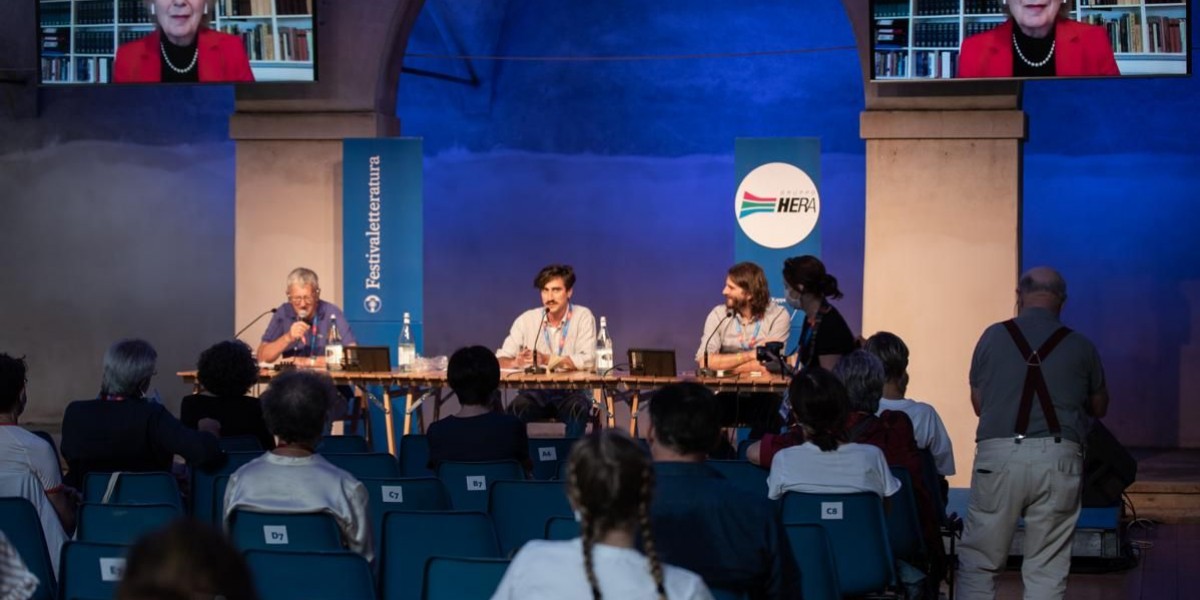
Mary Robinson on the politics of climate injustice
“Climate justice is a topic at the meeting point between science and the humanities”. Giorgio Vacchiano, forest planning professor at the Università Statale di Milano and a specialist in the field of climate impacts on forest ecosystems, and Mary Robinson, former United Nations High Commissioner for Human Rights and former President of the Ireland, come together to discuss Robinson’s most recent book, Climate Justice.
Her manifesto, which is “an attempt to communicate how we can think about climate justice to the general public”, proposes an anthropocentric solution to the climate crisis “where humanity should be at the centre of all things in a humble, rather than a dominant, way, and acknowledge its role as the main culprit of increasing global emissions”; Vacchiano adds that “people and nature have been two strictly connected entities since the dawn of our species and can only be imagined in a balance with each other”. The book is structured as a collection of stories at the fringes of the developed world, and chronicles the experiences of many women – and some men - working inside climate-threatened communities to make them more resilient to global heating and find a sustainable way to move forward.
Beyond the already well-known environmental and inter-generational dimensions of climate injustice, Robinson brings attention to its racial and gender-based layers, “as climate change disproportionately affects poor countries, small island nations and indigenous communities, and women, as traditional homemakers, carry the primary responsibility of putting food and water on the table in drought-declared and disaster-affected areas”. Vacchiano places emphasis on the new solutions outlined in the book, such as “citizen science”, participatory monitoring of biodiversity and the incorporation of indigenous knowledge into Western forest management methods.
Both authors deplore how 2020, which was supposed to be “the seminal year of most goals of the Paris agreement”, ended up being the year of COVID, and how, perhaps due to the lack of long-term vision, “the same governments which mobilised promptly during the coronavirus crisis does not show the same concern towards the climate emergency”; however, Robinson expresses faith in how “coronavirus taught us several important lessons, showing us how collective human behaviour can make a difference - which is more crucial than ever as we need to consume less, waste less and adapt to a circular economy - normalising collaborations between government executives and experts to reach science-based solutions, and educating us towards compassion for the less fortunate when confronted with the shared vulnerability of the human species to global catastrophes.”



